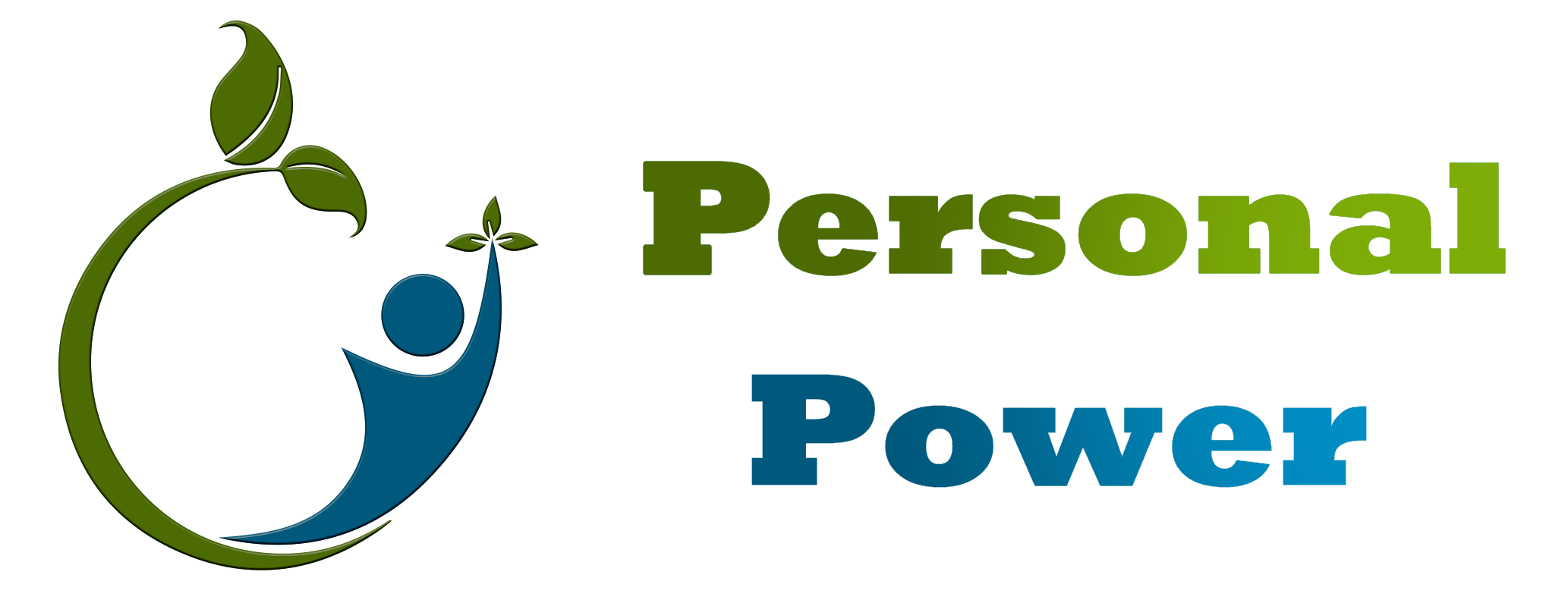Mindful Meditation for Brain Health
Introduction to Mindful Meditation
Meditation is a form of alternative medicine that has been associated with a number of benefits, specifically to the individual’s mental health, such as decreased stress levels and improved mood. Mindfulness, in particular, is a form of meditation that involves intense concentration and focus on the present.
Mindful meditation requires awareness of one’s thoughts and actions in the present, putting aside all thoughts of the past and the future.
Meditation in Holistic Care
No matter who you are or the stressors in your life, meditation is a sure fire way to improve wellbeing. Those who meditate will attest to its powers. Meditation masters can literally detach themselves from any type of chaos and outside noise by simply going into their minds and into a meditative state.
Enlightenment is often experienced by those who meditate. It brings them closer to their internal feelings, and who they are deep inside.
In holistic medicine, meditation is often used to treat those with anxiety, depression, and stress. It can help relax, calm, and provide a truly 100% natural and effective treatment method with numerous health benefits.
Here are Some Key Points to Remember When Performing Mindful Meditation:
- Be aware of your own breathing – pay attention to the sensation of air entering your nostrils and leaving your mouth, and the rise and fall of your belly.
- Let each thought come and go, without suppressing or ignoring each of them. Stay calm and focus on your breathing.
- If you get distracted, simply follow your thoughts without being too hard on yourself.
Mindful Meditation Evidenced-Based Study
A recent study published in the “Proceedings of the National Academy of Sciences” online journal suggested that a few hours of mindful meditation or integrative body-mind training can help improve mood, self-control, and response to stress.
The study, which was published on June 11, 2012, involved 68 undergraduates from the Dalian University of Technology in China. The students were divided into relaxation-training and meditation-training groups. Each of the group underwent either a 30-minute relaxation training or integrative body-mind training over a period of two weeks, totaling 5 hours of training for each group.
Researchers of this study found changes in the brain’s “white matter”- a part of the brain’s anterior cingulate cortex – after performing mindful meditation after just a short period. These changes weren’t observed in the brains of those who underwent relaxation training. None of the participants from both groups had any previous meditation training experience.
A non-invasive, MRI-based technology known as diffusion tensor imaging was used to observe the white matter in the brains of the students, together with other imaging technology that measures the white matter’s ability to adapt and change.
The researchers focused on certain areas of the brain that were most susceptible to these physical changes, and measured these areas before and after mindful meditation training.
The white matter is an area in the brain that affects how it learns, and coordinates and relays information among the various brain regions. According to the authors, understanding the white matter in relation to training, learning, and human development can potentially prevent various mental conditions such as anxiety, ADHD, depression, borderline personality disorder, schizophrenia, and even addiction, disorders that all involve the anterior cingulate cortex of the brain.
The most common problem with meditation, just like with any other alternative form of medicine, is that scientific evidence is often lacking.
There is an argument that people who have practiced meditation may have been “conditioned” to feel positive about the therapy, and thus have responded favorably to the training.
This study, on the other hand, offers a quantifiable result that is based on scientific evidence. Because the actual structural changes that the brain went through were observed and measured, this breakthrough study opens up a number of new possibilities in the world of alternative medicine.
